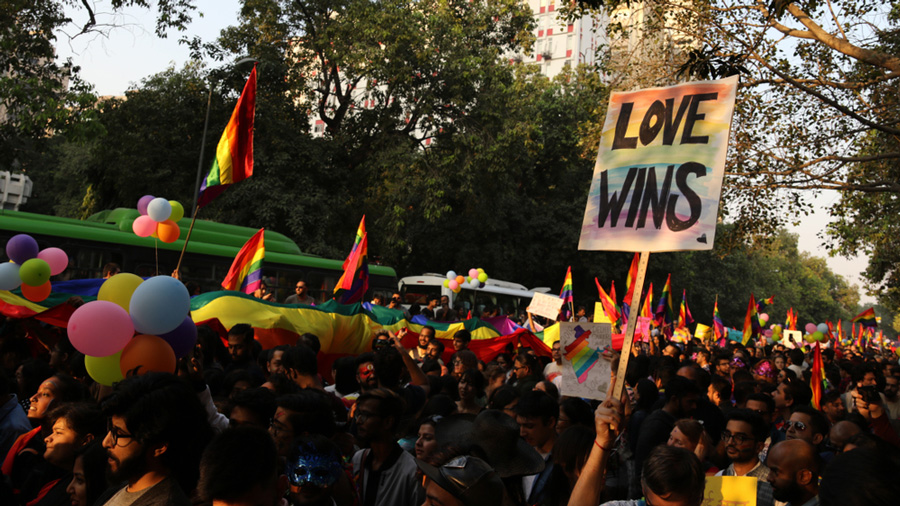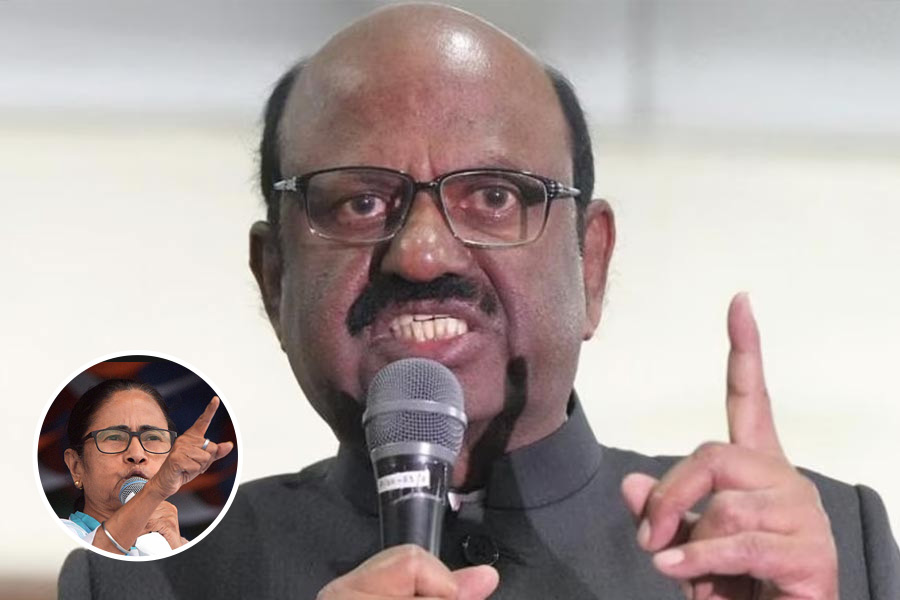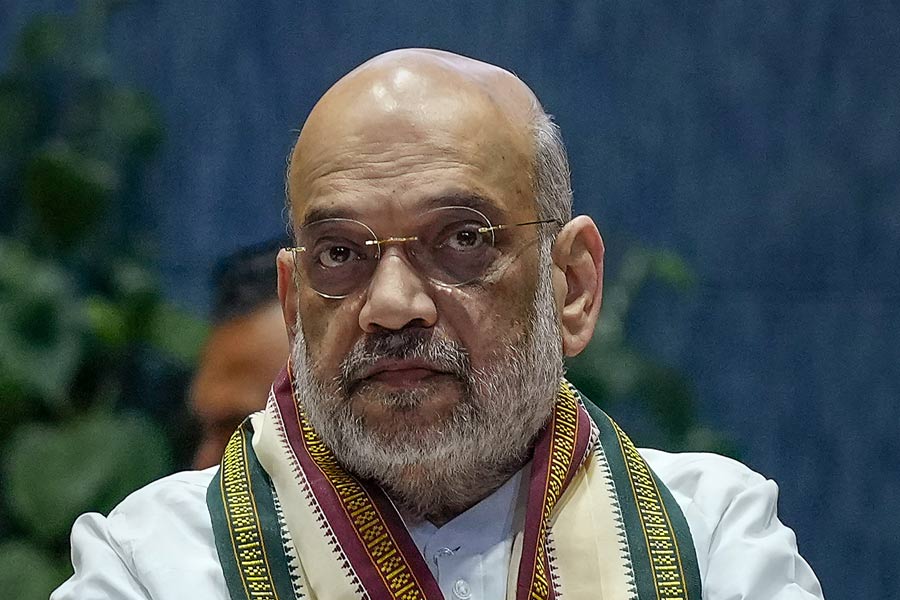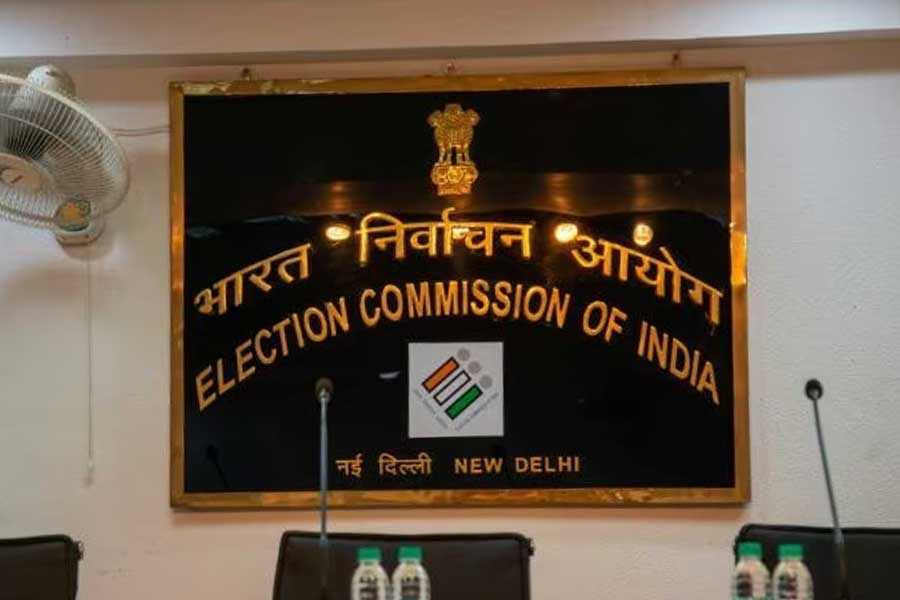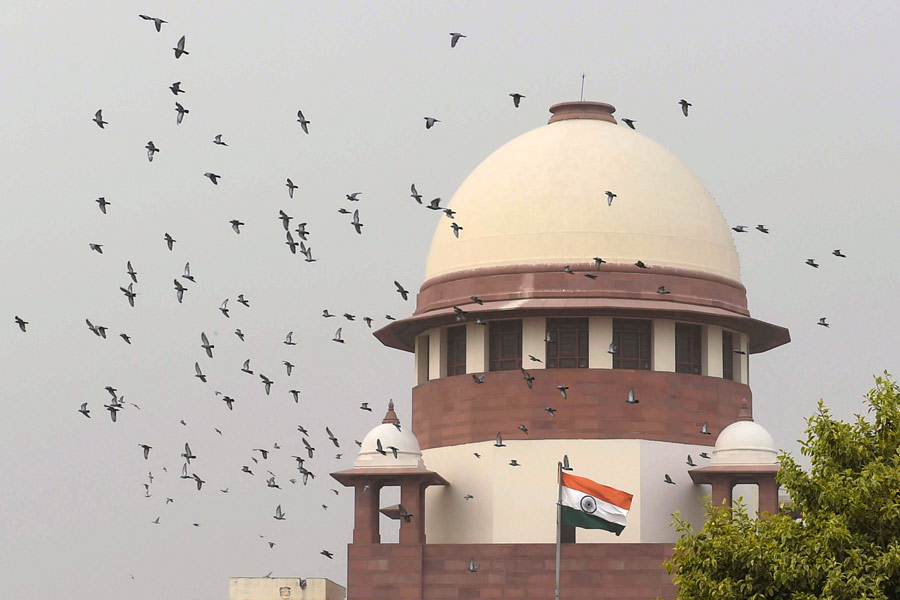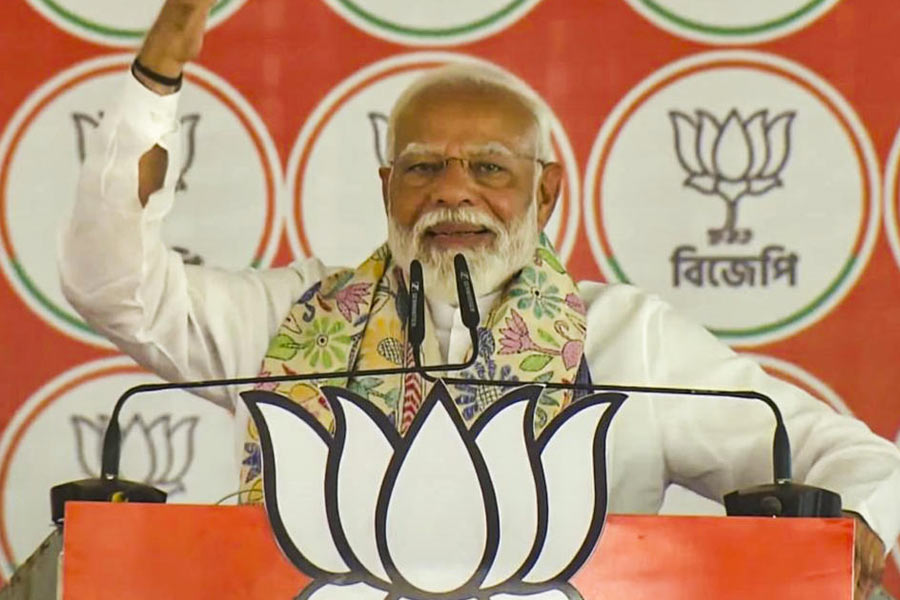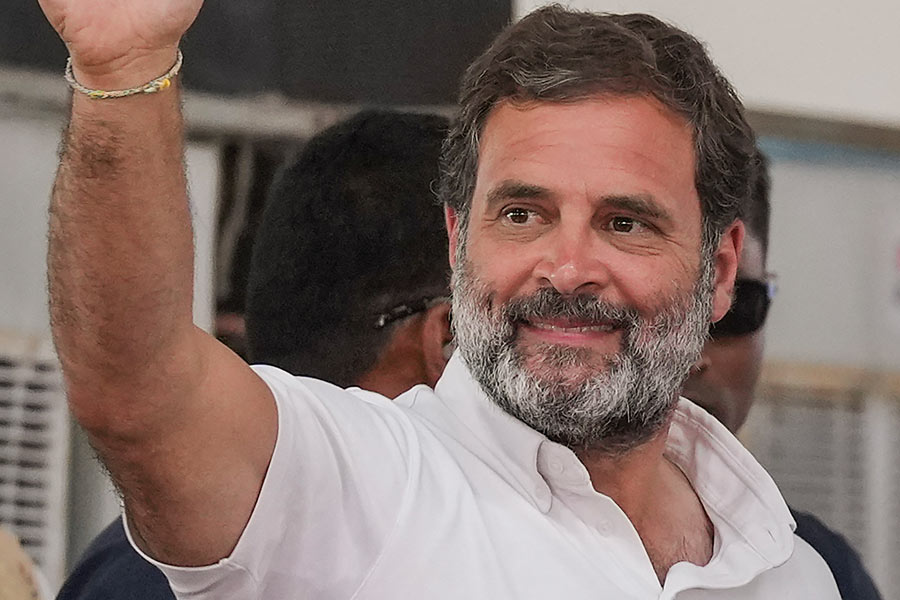Book: Sex and the Supreme Court: How the Law is Upholding the Dignity of the Indian Citizen
Editor: Saurabh Kirpal
Publisher: Hachette
Price: Rs 699
Sex and the Supreme Court is an important contribution towards understanding the role of the Supreme Court as an agent of social change in the context of its decisions on gender and sexuality. Edited by the advocate, Saurabh Kirpal, the volume has many eminent contributors, including former judges. The essays trace the implications of judicial decisions beginning with Vishaka in the late 1990s, which recognized the need to address sexual harassment in the workplace, to such recent progressive decisions as those on the fundamental rights of transgender persons, the constitutionality of triple talaq, decriminalization of homosexuality, the right to choose a partner in Hadiya’s case and in the context of honour killings, the decriminalization of adultery and the entry of menstruating women in Sabarimala.
Three fault lines are prominent across the essays. First is the tussle between what the contributors refer to as social morality and the doctrine of constitutional morality, which the Supreme Court has articulated to refer to constitutional values that should override social values. Second is the intra-constitutional conflict between religious freedoms or community values and claims of individual autonomy and equality. Third is the gap between legal pronouncements heralding social change and people’s subsequent lives on the ground.
Menaka Guruswamy and Arundhati Katju in their briskly argued essay highlight how constitutional morality was a means to strike down the adultery provision which considered the wife as the property of the husband. They also explore the possibility of using the decision to challenge the marital rape exception in the future. In contrast, Mukul Rohatgi in his essay on the Sabarimala decision contends that the Supreme Court may have gone too far in expanding constitutional morality and allowing menstruating women to enter Sabarimala, thereby violating guarantees of religious freedoms. The Sabarimala decision has provoked sharp responses from critics since and is now under review.
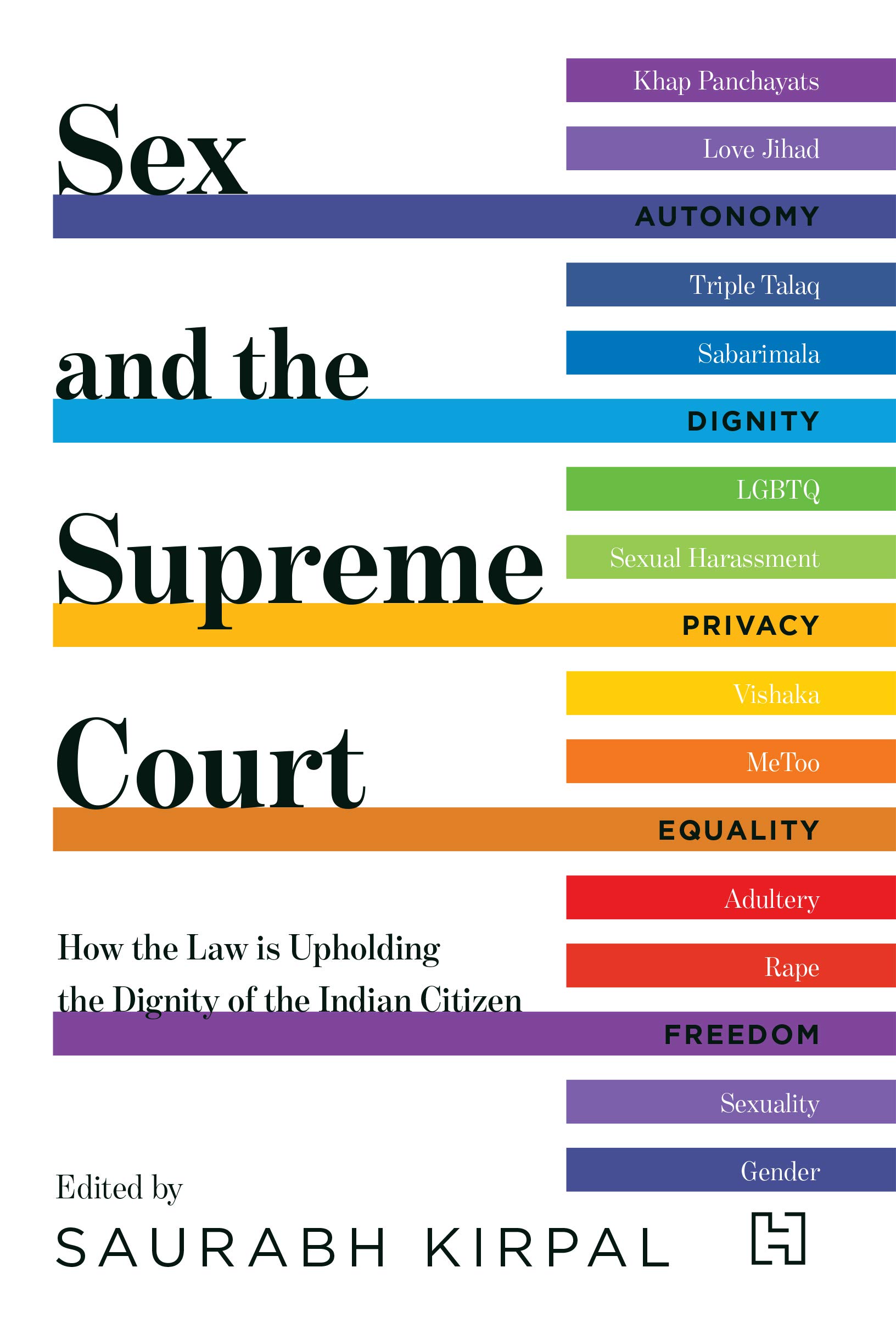
Sex and the Supreme Court: How the Law is Upholding the Dignity of the Indian Citizen edited by Saurabh Kirpal, Hachette, Rs 699 Amazon
This theme of conflict between community values and individual autonomy, which Rohatgi touches upon, is further fleshed out by Kirpal’s excellent essay arguing in favour of marriage equality. Kirpal posits the marriage question as being between the individual and the community. He points out that even though society may lag, the principles of autonomy, dignity and equality make the Constitution ready for marriage equality. Similarly, Madhavi Divan’s essay on triple talaq favours the application of constitutional principles to Muslim personal law and critiques the Supreme Court’s decision for not invoking gender equality. However, Justice Ahmed’s masterful essay on Muslim personal law, which ought to be compulsory background reading for any student of family law, argues for the need of ijtihad and takhayyur to restate Muslim personal law from within keeping modern developments in mind. Here one should recall approaches of groups such as the Bharatiya Muslim Mahila Andolan that have argued for reform of Muslim law from within using rights-based approaches.
Namita Bhandare’s history of workplace sexual harassment, beginning with the Vishaka decision to the recent ‘MeToo’ movement, highlights how laws and processes continue to fail survivors, bringing the gap between pronouncements and on-ground change into sharp focus. The essays on more recent decisions on LGBT+ rights in the first part of the volume are, understandably, more optimistic about the transformational potential of judicial pronouncements. In this context, the essay by Zainab Patel — a petitioner before the court in the transgender rights case — focusing on personal journeys of transition and her rise as a professional is heartfelt and inspiring.
These fault lines emphasize the progress that judicial decisions represent, while also pointing to important questions that need to be resolved to bring about effective change. Two aspects where the collection could have done better would have been in inviting contributions from newer and more diverse voices and in including a more comprehensive history of the almost two-decade-long struggle to decriminalize same-sex relationships in India. Dale Carpenter’s Flagrant Conduct captures the fascinating history of Lawrence vs Texas, the US Supreme Court’s landmark decriminalization decision. Sex and the Supreme Court is certainly a significant step in writing a similar history, but we may have to wait longer for our version of Flagrant Conduct.

